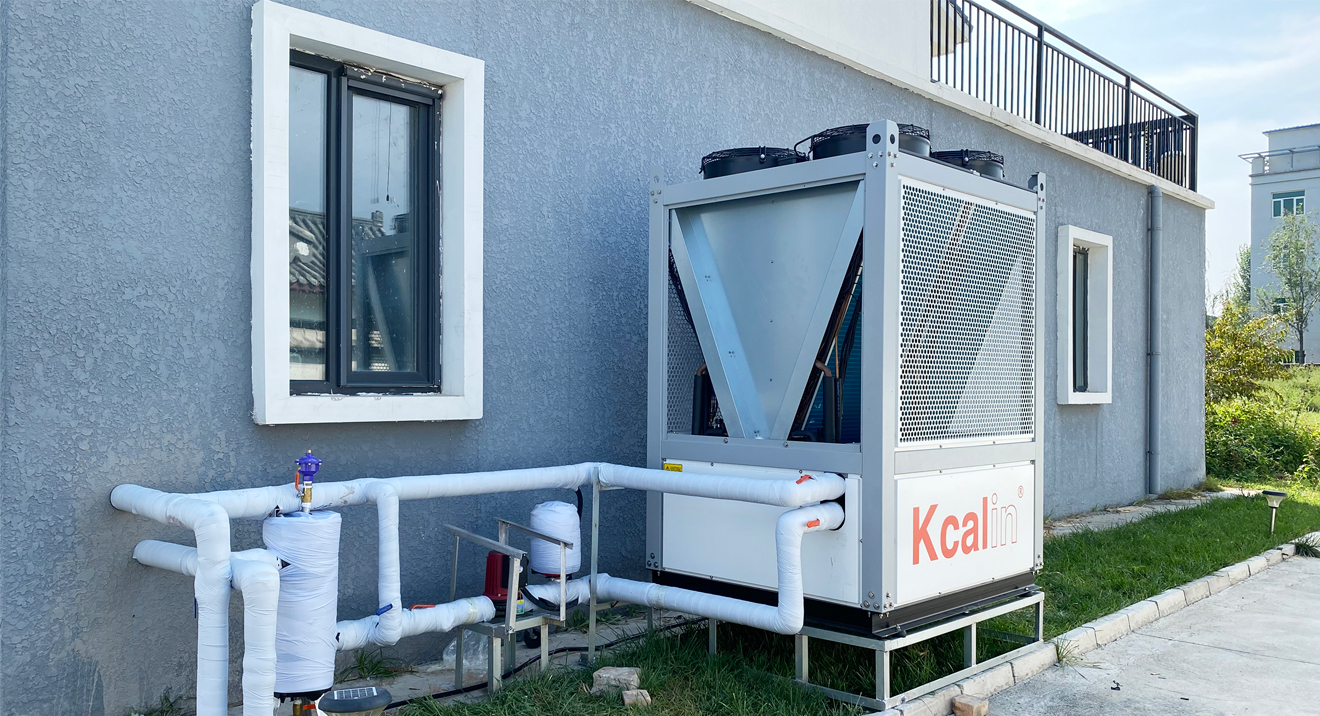As winter approaches, heating has become one of the topics of concern for urban residents. In order to ensure that urban residents have a warm and comfortable living environment during the cold season, urban heating equipment plays a crucial role.
A central heating system usually consists of three parts: a heat source, a heating network, and heat users. The heat source can be a thermal power plant, boiler room, etc., which generates heat energy by burning fuels such as coal and natural gas. Thermal energy is transported to various households through the heating network to achieve centralized heating.
Advantages of Central Heating System
High stability: The centralized heating system is operated and managed by a professional company, with stable heating effect and low failure rate.
Environmental protection and energy conservation: The centralized heating system adopts centralized combustion technology, which can effectively reduce pollutant emissions and meet environmental protection requirements.
Convenient and worry free: Users do not need to worry about equipment maintenance, they only need to pay heating fees on time to enjoy stable heating services.

Air source heat pumps utilize low-grade thermal energy in the air to convert and enhance energy through heat pump technology, achieving heating. Its working principle is similar to the heating mode of an air conditioner, but with higher efficiency.
Advantages of Central Heating System
Efficient and energy-saving: The COP of air source heat pumps is usually above 3.0, and the heat generated per unit of electricity is more than three times that of traditional electric heating equipment.
Environmental safety: Air source heat pumps do not directly burn fossil fuels and do not produce harmful gas emissions during operation, meeting environmental requirements.
Multi functional application: In addition to heating, air source heat pumps can also be used for cooling and providing domestic hot water, making them versatile and improving equipment utilization.
Ground source heat pumps utilize stable thermal energy from underground soil or water sources to convert and enhance energy through heat pump technology, achieving heating. Ground source heat pump systems typically include underground piping systems, heat pump units, and indoor end devices.
Advantages of Ground Source Heat Pump
High energy efficiency: The COP of ground source heat pumps is usually above 4.0, which is higher than that of air source heat pumps.
Strong stability: The underground temperature is relatively stable, and the ground source heat pump can maintain efficient operation even under harsh weather conditions.
Long service life: The underground pipeline of the ground source heat pump system can have a service life of up to 50 years, and the overall system operation is reliable with low maintenance costs.
Gas wall mounted boilers directly heat heating water by burning natural gas or liquefied gas, and the heating water is transported to radiators in various rooms through pipelines to achieve heating.
Advantages of Gas Wall Mounted Boiler
Ready to use: Gas wall mounted boilers provide fast heating and can be turned on or off as needed, making them flexible and convenient to use.
Small footprint: The wall mounted boiler has a compact size and does not take up too much indoor space, making it suitable for small households.
Low cost: The price of natural gas is relatively low, and the operating cost of gas wall mounted boilers is also low, making it economical.
Electric heating equipment directly heats indoor air or heating water through electrical energy. Common electric heating equipment includes electric heaters, electric heating films, and electric heating floors.
Advantages of electric heating
Easy installation: Electric heating equipment is easy to install and does not require complex pipeline laying, making it suitable for renovated homes.
Flexible control: Electric heating equipment can independently control the temperature of each room, which is convenient to use and has good energy-saving effects.
Environmentally friendly and clean: Electric heating equipment does not have a combustion process, does not produce smoke and exhaust gas, and maintains clean indoor air.
There are various types of urban heating equipment, each with its own advantages and disadvantages. When choosing heating equipment, urban residents should consider various factors comprehensively based on their living environment, economic conditions, and usage needs, and choose a suitable heating method. Whether it is centralized heating, air source heat pumps, ground source heat pumps, gas wall mounted boilers, or electric heating, they can all provide warm and comfortable living environments for urban residents.







Comment